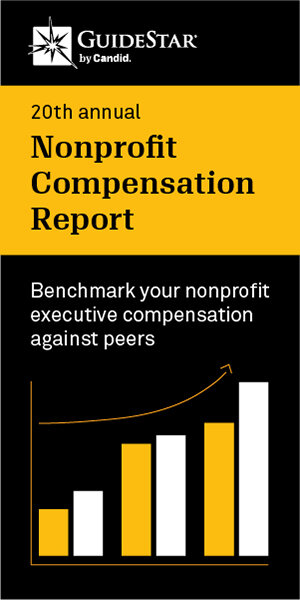Political Nonprofits - Top Election Spenders Database (OpenSecrets.org)

Mission: To produce and disseminate data and analysis on the role of money in politics and expose disproportionate or undue influence on public policy.
Background: Founded in 1983 by U.S. senators Frank Church (D-ID) and Hugh Scott (R-PA), the Center for Responsive Politics published its first comprehensive look at the amount and role of money in American politics in 1990 and followed it up with the launch of OpenSecrets.org in 1996, greatly accelerating the timing and depth of the center's research and making it more readily available to those making decisions about candidates running for federal office and the policy issues they care about. In the years since, the center has expanded the information it analyzes and today is a clearinghouse for data on multiple aspects of money in politics, including the work of independent interest groups such as super PACs and political nonprofits; the flood of outside spending in politics; federal lobbying; the "revolving door" of former federal employees moving into jobs as lobbyists, consultants, and strategists; and reporting on the personal finances of members of Congress, the president, and other officials. The so-called political nonprofits tracked by the organization — principally 501(c)(4)s and (c)(6)s — are allowed to receive unlimited corporate, individual, or union contributions that they do not have to make public, leading to the use of the term "dark money" to describe this kind of political spending. According to the center, the IRS, which has jurisdiction over (c)(4)s, (c)(6)s, and other such groups, has done little with respect to their oversight or enforcement of regulations already on the books.
Outstanding Web Features: OpenSecrets's Political Nonprofits: Top Election Spenders page tracks what politically active nonprofits have reported to the FEC with respect to their spending during election cycles. Visitors to the site can filter their search by specific election cycle, see whether or not a group has been granted exempt status by the IRS, the nature of its exempt status, and, if known, the ruling date on its status. Clicking on an entry takes you to a spending summary that includes whether or not the nonprofit discloses its donors; which political party or viewpoint it supports; its classification in the OpenSecrets schema (Super PAC, 501(c), qualified nonprofit corp.); the total it spent in the election cycle selected; how successful that spending was; whether it has any affiliates, and a graph and summary showing the money spent for or against candidates in that cycle, or for electioneering communications (an activity that does not explicitly advocate for or against the election of a candidate but refers to an identified federal candidate in a broadcast ad). Corresponding tabs for each nonprofit lead to a list of that nonprofit's donors, its donors by industry type, candidates targeted by the donors, their affiliates (if any), and any extraneous expenditures.






